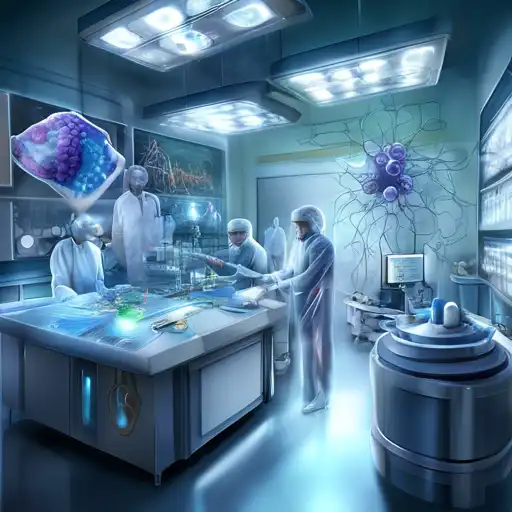Introduction to Nanotechnology in Medicine
Nanotechnology, the science of manipulating matter at the atomic and molecular scale, is set to revolutionize the medical field. With its ability to operate at the same scale as biological molecules, nanotechnology offers unprecedented opportunities for diagnosis, treatment, and prevention of diseases. This article explores the groundbreaking advancements and potential of nanotechnology in medicine.
The Promise of Nanotechnology in Healthcare
Nanotechnology in medicine, often referred to as nanomedicine, involves the use of nanoparticles to deliver drugs, heat, light, or other substances to specific cells in the body. This precision targeting minimizes damage to healthy cells and maximizes the therapeutic effects. From cancer treatment to repairing damaged tissues, the applications are vast and transformative.
Targeted Drug Delivery
One of the most promising applications of nanotechnology is in the field of targeted drug delivery. Nanoparticles can be engineered to seek out and bind to specific cells, such as cancer cells, delivering medication directly to the affected area. This not only increases the efficacy of the treatment but also reduces side effects.
Diagnostic Advancements
Nanotechnology is also revolutionizing diagnostic procedures. Nanosensors can detect diseases at their earliest stages, often before symptoms appear. This early detection is crucial for conditions like cancer, where early intervention can significantly improve outcomes.
Challenges and Ethical Considerations
Despite its potential, the integration of nanotechnology into medicine faces several challenges. These include technical hurdles, such as ensuring the stability and safety of nanoparticles, as well as ethical considerations regarding privacy and the potential for misuse.
Regulatory Hurdles
The regulatory landscape for nanomedicine is still evolving. Ensuring that these technologies are safe and effective for human use requires rigorous testing and approval processes, which can slow down the pace of innovation.
Ethical Implications
The ability to manipulate matter at the nanoscale raises important ethical questions. Issues such as patient consent, privacy, and the potential for inequality in access to these advanced treatments must be carefully considered.
The Future of Nanotechnology in Medicine
The future of nanotechnology in medicine is bright, with ongoing research exploring new applications and improving existing technologies. As we overcome the current challenges, nanomedicine has the potential to transform healthcare, making treatments more personalized, effective, and less invasive.
For more insights into the future of healthcare technology, explore our articles on the future of healthcare and innovations in medicine.
Conclusion
Nanotechnology in medicine represents a frontier of medical science that promises to bring about significant improvements in how we diagnose, treat, and prevent diseases. While challenges remain, the potential benefits for patients and the healthcare system as a whole are immense. As research and development in this field continue to advance, we can expect to see even more groundbreaking applications of nanotechnology in medicine.
